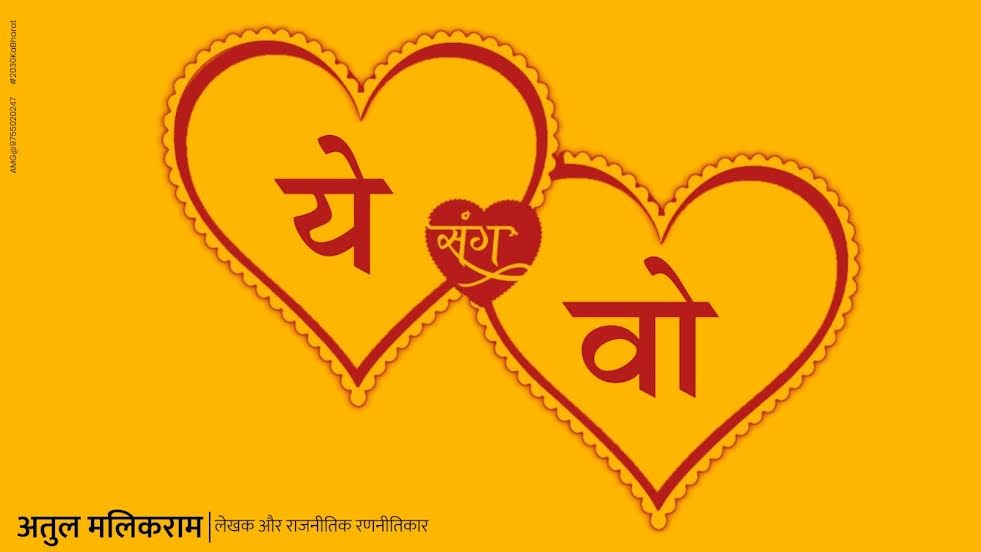
With the rise of the sun, wedding season has officially begun. I extend my heartfelt congratulations to all the newlywed couples starting their new journey together. For the next few months, the sound of wedding bells and the splendor of celebrations will be in full swing. Many of you may have already received wedding invitations, or perhaps your own family is preparing for a wedding. My wish is that your celebration is filled with joy and happiness. However, if you make an effort to make this occasion a means of family bonding, it will be even more successful.
Today, extravagant and expensive weddings have become a trend in our society, and they are often linked to one's social standing. The more lavish the wedding, the more affluent the person is perceived to be in society. It’s not just about the cost of the wedding; the longer the wedding lasts, the more respect it gets, with multiple events organized for even the smallest rituals. Each of these events has specific dress codes — green for the mehendi ceremony, yellow for the haldi, and even western-style cocktail parties, musical performances resembling a Bollywood function. These events are no longer optional; they have become essential.
The costs of these celebrations are not only a burden on the hosts but also on the guests. To attend these events, guests need to buy specific outfits and accessories. If it’s a close family member’s wedding, then the entire family attends, each needing a new set of clothes. Along with that comes the cost of gifts — shagun or presents, which need to match the grandeur of the event.
Furthermore, inspired by celebrity weddings, destination weddings have become a new trend, where people choose far-off places for their celebrations, inviting only a select group of guests. If you're close enough to be invited, then attending becomes a necessity. But these weddings, especially when held in distant locations, come with increased costs — from the outfits to travel expenses, and additional requirements for participating in various ceremonies.
This trend not only burdens both hosts and guests financially but also brings about emotional consequences. Those who are not invited may feel slighted, leading to misunderstandings and rifts in relationships. Being left out from such exclusive celebrations can create a sense of alienation, making people feel they are not important enough. Over time, this can damage relationships and lead to negative perceptions.
In today’s weddings, the display of opulence is so widespread that the variety of food served has also grown excessively. There are multiple stalls, numerous options for main courses, and at least three kinds of vegetables and five types of desserts — as though there’s a standard to follow. As a result, a lot of food ends up being wasted because people tend to take more than they can consume, leaving mountains of leftover food, which often gets discarded. This not only results in financial loss but also shows a disrespect for food.
The rising costs of modern weddings have made them unaffordable for the average person. For those living below the poverty line, this has become a dream that is out of reach. In India, where around 37% of people live in poverty, such extravagant events are not just beyond their means but are also socially alienating. To maintain social respect, many people take out loans to fund such lavish celebrations, which only leads them into deeper financial trouble.
Think about it: if someone is poor or doesn’t have the income to afford these excess expenses, should they be excluded from attending weddings altogether? Imagine the anxiety it creates for someone whose income is not enough to cover these extravagant costs. Weddings and celebrations should be about welcoming new relationships, not mocking someone’s poverty or creating distance between people.
Before planning a lavish wedding, consider the impact it may have on those who cannot afford such luxuries. Reflect on whether your grand celebration is setting a wrong example for society or putting unnecessary pressure on someone’s budget. Weddings should strengthen relationships, not become a burden on anyone's finances. So, when you plan your next celebration, ensure that it enriches your bonds, not your wallet.